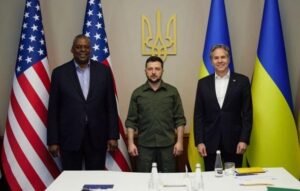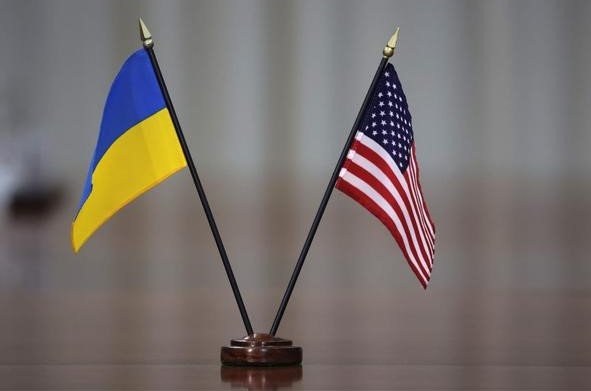Former U.S. President Donald Trump
He has issued a warning that the United States may step back from its role in Ukraine-Russia peace talks if significant progress is not seen in the near future. The statement has sparked new debates over Washington’s commitment to resolving the ongoing conflict through diplomacy.
During recent comments, Trump emphasized that U.S. patience is not unlimited, and that continued involvement in stagnant peace negotiations would no longer be justified without concrete results. The warning follows secret meetings reportedly held in Riyadh between U.S. and Russian officials — talks that notably excluded Ukraine, further escalating tensions with Kyiv.
“We want peace, but it has to be real and achievable. If nothing moves forward, there’s no reason for the U.S. to stay involved,” Trump said.
Many observers interpret this move
as part of Trump’s broader foreign policy strategy, which often favors direct results over prolonged diplomatic efforts. His remarks also reflect skepticism toward Ukraine’s potential NATO membership — a major point of contention with Russia and a key goal for Kyiv.
Analysts believe that a potential U.S. withdrawal from the peace process could shift the balance of power in negotiations and may force Ukraine and its allies to reconsider their diplomatic strategies.
As the war continues with no clear end in sight, Trump’s stance raises questions about the future of Western involvement in brokering peace between Ukraine and Russia.

Former President Donald Trump has hinted at a possible U.S. withdrawal from the Ukraine peace negotiations, citing a lack of tangible progress as a reason to reconsider America’s involvement. The statement, while not an official policy stance, adds pressure to an already fragile diplomatic process.
Trump’s remarks reflect a growing sentiment within the Republican Party that questions the long-term strategic and financial costs of continued U.S. support for Ukraine. By framing the talks as ineffective without clear outcomes, Trump appears to be laying the groundwork for a more isolationist approach should he return to office.
The comments also align with increasing skepticism from GOP senators such as Marco Rubio and J.D. Vance, who have expressed doubts about the viability of current negotiations. The broader implication is a potential shift in U.S. foreign policy—one that could have significant consequences for the balance of power in Eastern Europe and NATO’s role moving forward



